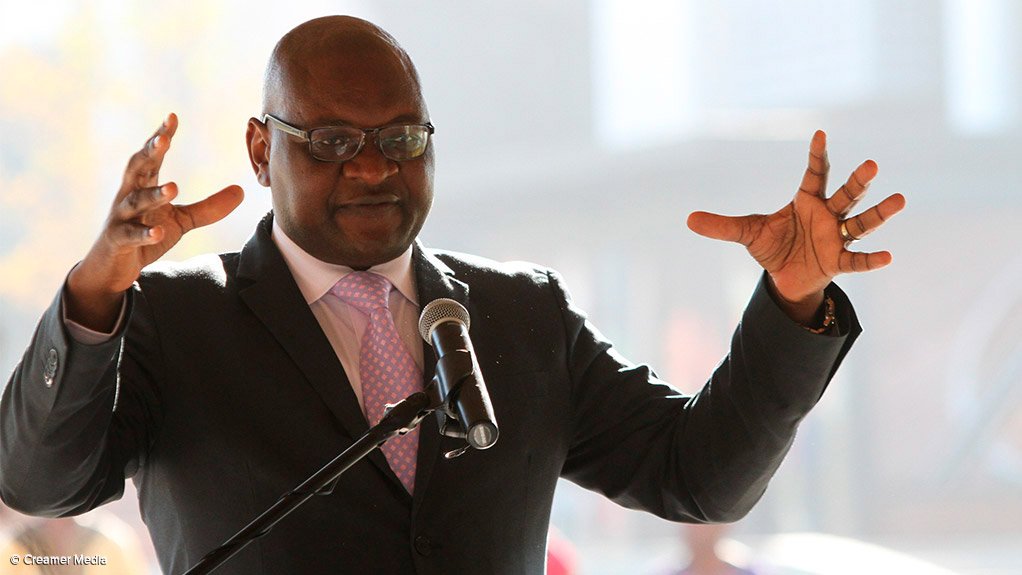Gauteng Premier David Makhura on Thursday said South Africa’s most populous province was no longer just talking about pursuing radical socioeconomic transformation, but had already implemented strategies that would align the development of Gauteng with South Africa’s transformation imperatives.
Addressing the South African Chamber of Commerce and Industry’s (Sacci’s) yearly convention, in Sandton, he said that while others were still debating, the province was already implementing.
“We are moving ahead, the debate will find us ahead,” he told delegates.
The goal of radical socioeconomic transformation is to promote inclusive participation in all key sectors of the mainstream economy.
His comments come as the discussions around radical socioeconomic transformation heat up, with many raising concern that not enough is being done to transform South Africa’s currently unequal and skewed economy.
“Radical economic transformation is no longer a debate,” said Small Business Development Minister Lindiwe Zulu.
The Sacci conference aimed to highlight the role of social partners in radical socioeconomic transformation.
Makhura commented that the private sector’s heavy hitters were not doing enough to support government’s ambitions, noting that “the job is too big” to just focus on training and limited supply chain allocations for the previously disadvantaged.
“You might think you are doing something, but the problem is too big. It is not enough [to open supply chains and embark on training programmes],” he said.
“It cannot be the responsibility of government alone; it is the responsibility of everybody,” added Zulu, noting that the dialogues being held needed to result in the sharpening of mechanisms and plans for implementing the transformation initiatives.
“We have all bought into it, knowing it is for the benefit of the country,” she told the delegates.
Makhura highlighted three inter-related strategies Gauteng was using to drive transformation, including public procurement, export opportunities, and trade and investment and foreign direct investment initiatives in other countries; the promotion of local and international business partnerships, particularly with township enterprises and youth- and women-owned enterprises; and engaging key leaders to open the market for the youth.
“I think that on the road that we have started, it is possible to use public procurement effectively to bring into the mainstream economy those that have been historically sidelined,” Makhura said.
However, the 65 000 suppliers in Gauteng’s database cannot all secure government business.
Zulu added that it could not be only government that provides opportunities for small business, urging private sector leaders to get more involved.
“Let us be partners in resolving the challenges,” she concluded.
EMAIL THIS ARTICLE SAVE THIS ARTICLE ARTICLE ENQUIRY
To subscribe email subscriptions@creamermedia.co.za or click here
To advertise email advertising@creamermedia.co.za or click here











